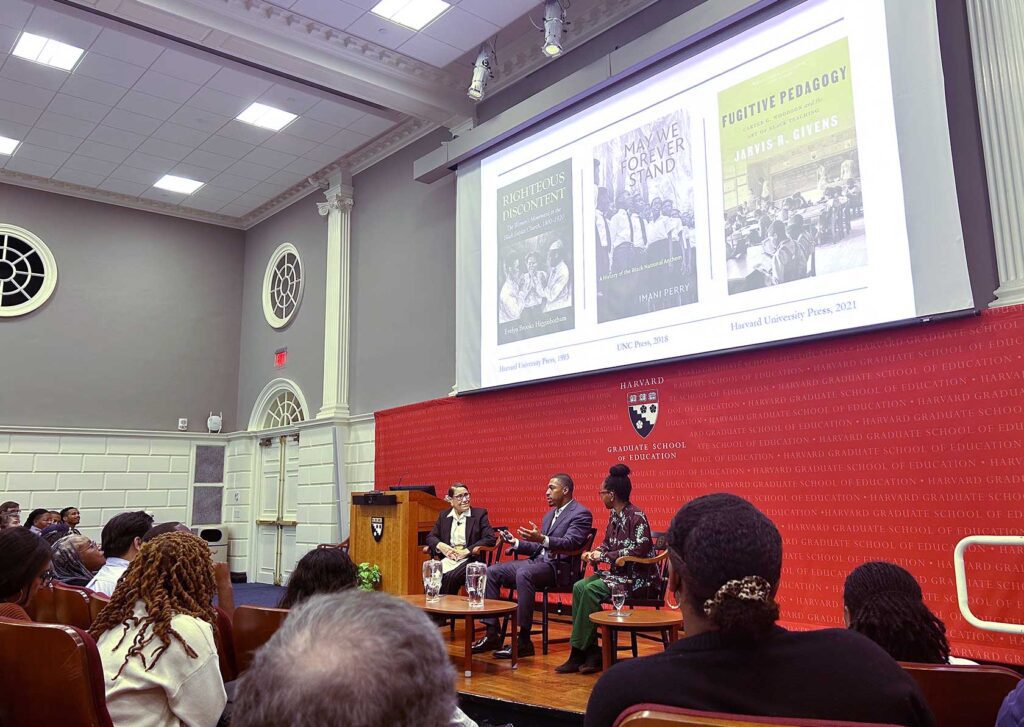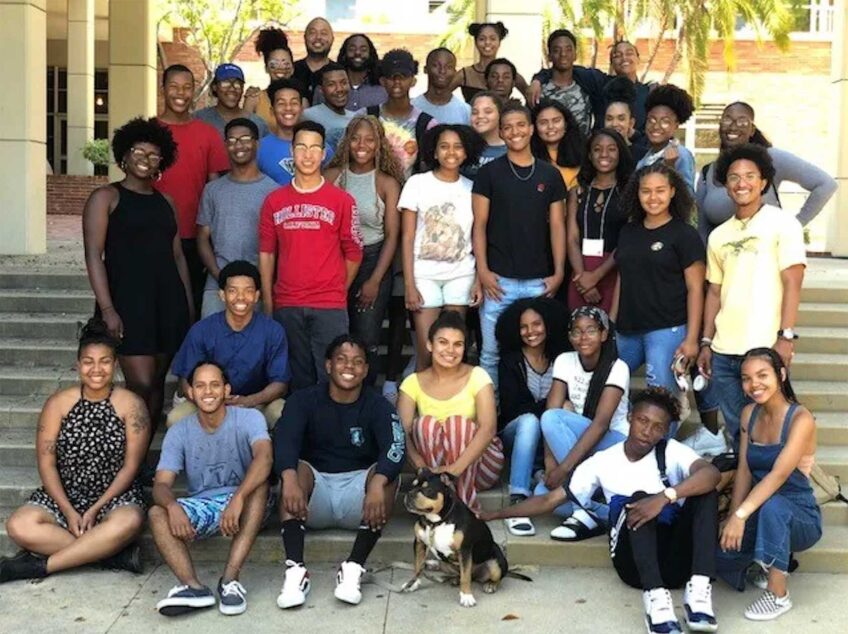Black Teacher Archive reveals untold stories of the fight for education justice
Harvard repository aims to fill a gap in Black history

Old journals and bulletins chronicle the acts of resistance in places like Mississippi, Louisiana and North Carolina, where Black educators fought against injustice in education under Jim Crow.
Those stories are now preserved in the Black Teacher Archive, a groundbreaking new digital portal that was unveiled at Harvard University last month.
The archive aims to fill a missing part of the Black freedom struggle in America and create new portals to understanding the history of African American education in this country, founders of the project said.
“Hopefully this archive and this evidence about how Black teachers organized (will show) how the Civil Rights Movement and the Black freedom struggle were only possible because of the labor that Black teachers contributed,” said Harvard professor Jarvis Givens during the official unveiling of the project last month.
Givens and Harvard professor Imani Perry, both cofounders of the project, said the archive will help the public better understand Black history, structural inequality and the responsibility educators had as they pursued justice in the schools.
“[It] will help us rethink how we go about preparing educators to meet the moment that we have right now and those that are to come,” Givens said.
The archive consists of journals and newsletters created by members of Colored Teachers Associations across the country that captured the political and social efforts of Black educators’ activism from the Jim Crow era to the Civil Rights Movement.
Givens wrote his doctoral dissertation on Carter G. Woodson, a 20th-century author and historian known as the “Father of Black History” and his relationship with Black teachers across America. Through his research, he learned about coalitions of Black teachers that wrote textbooks and developed curricula.
“It became very clear to me that Carter G. Woodson was not just one person operating,’’ Givens said. “He was connected to a network of Black teachers who were doing this, and I wanted to demonstrate that.”
Givens and Perry said they began the project in 2019 and spent time researching, accessing and preserving materials that exist in various institutions across the country.
Most are sourced from chapters of the historically known Colored Teachers Association, a coalition and union of teachers that fought for the desegregation of education, school resources, civil rights and more.
The project is based at the Harvard Graduate School of Education in association with the Monroe C. Gutman Library Special Collections and is made possible through the generous support of the Andrew W. Mellon Foundation and the Spencer Foundation, according to Harvard’s website.
“It’s putting in one place this reservoir of information that is so deep and wide that Black students, Black educators, people who are interested in women and gender studies, [African American] studies across the gamut — they can use their own particular lens and interests [to] review the journals,” said Micha Broadnax, an archivist and librarian at Harvard’s Graduate School of Education.
Broadnax’s role as lead archivist is locating repositories at various institutions and universities across the country that might hold the materials and working with the archivists at those institutions to digitize them and make them accessible, Broadnax said.
The archive speaks “so much of American history that has been submerged and is essential for us to understand,” said Perry, who is the Morss Professor in Studies of Women, Gender and Sexuality and in African and African American Studies at Harvard.
“The archive … implicitly pushes back against that kind of anti-intellectual and anti-free-speech movement that’s coming from the right wing,” she said.
Though the archive only contains newsletters and journals right now, the project’s creators said they will expand it to include photographs, proceedings, meeting minutes, correspondence and even oral history in the interest of capturing dimensions of the movement that are found in other places.
Both Perry and Givens said the archive will help inform new generations of educators about the significance of Black history in educational struggles.
Givens said that he is excited that contemporary teachers will be able to take up the material.
“Part of the potential magic of (having open) access is that there are professionals in various areas, including educators, who will imagine ways of using this material that we couldn’t have anticipated,” added Perry.







